In 2019, Warner Brothers still had a big smile on its face: While the DCEU kept going downhill because they couldn’t manage to find the right dark tone for their films, ‘Hangover’ director Todd Philipps came around the corner and created a surprise hit with “Joker”. Not only did it earn the studio over a billion dollars and pave a wider path for Rated-R material in the mainstream, its lead actor Joaquin Phoenix was finally rewarded with his well-deserved first Oscar and became the second clown from Gotham to be showered with fame after Heath Ledger’s legendary role in “The Dark Knight”.
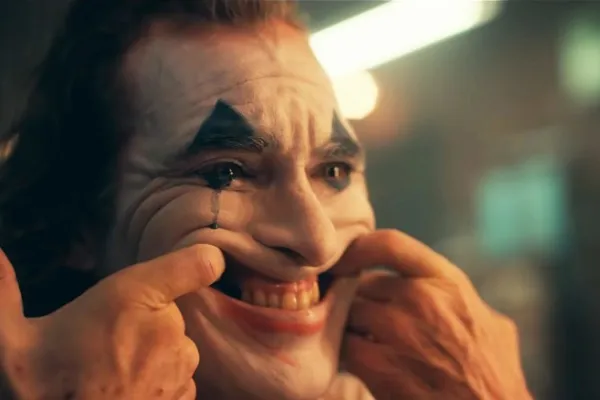
“Joker” was supposed to be an original story and a stand-alone work, which with its brilliant ending was a dark character study inspired by Martin Scorsese’s classics ‘The King of Comedy’ and ‘Taxi Driver’, which was highly controversial but largely well received by audiences. Joaquin Phoenix in particular chooses his roles so that he doesn’t have to be ready for sequels, but due to its commercial success, five years later we now have a sequel and his second joke is not told by Joker alone, but has also brought his beloved Harley Quinn to the stage in the form of Lady Gaga.
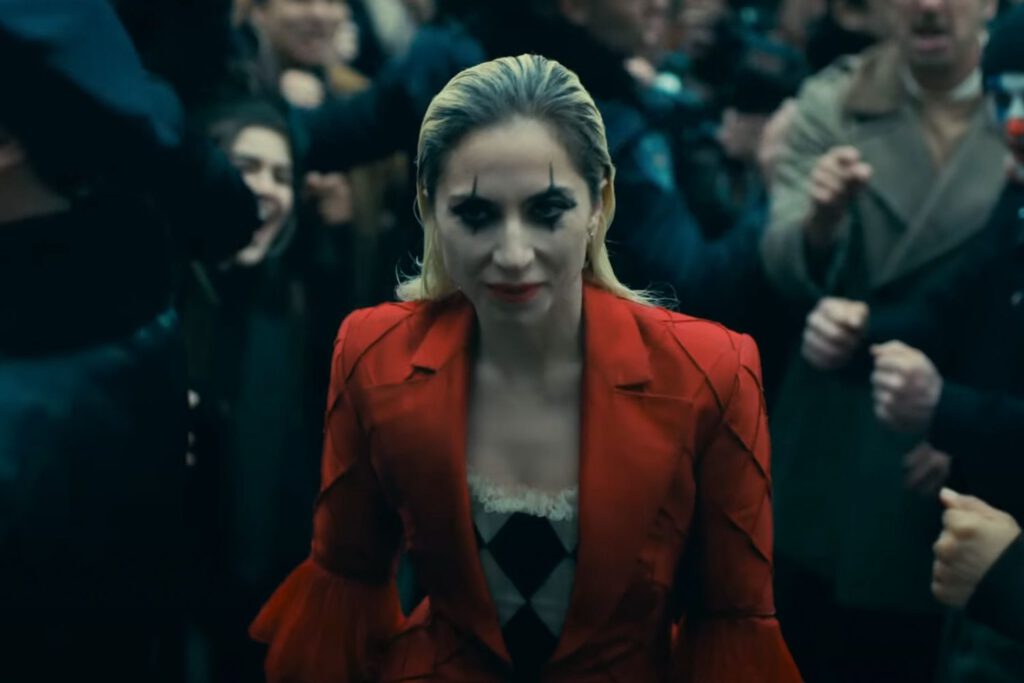
A joke fails if the punchline doesn’t land and laughter can’t stick in your throat if you use your voice to sing the notes while putting on a happy face. However, the biggest problem with “Folie à deux” is not that it is a musical, because you buy that the character Arthur Fleck is inspired by sound and dance to commit his atrocities, but rather that this character does not remain consistent with the first part and as a viewer you always remain just an observer instead of being able to immerse yourself in the inner life of the Joker.
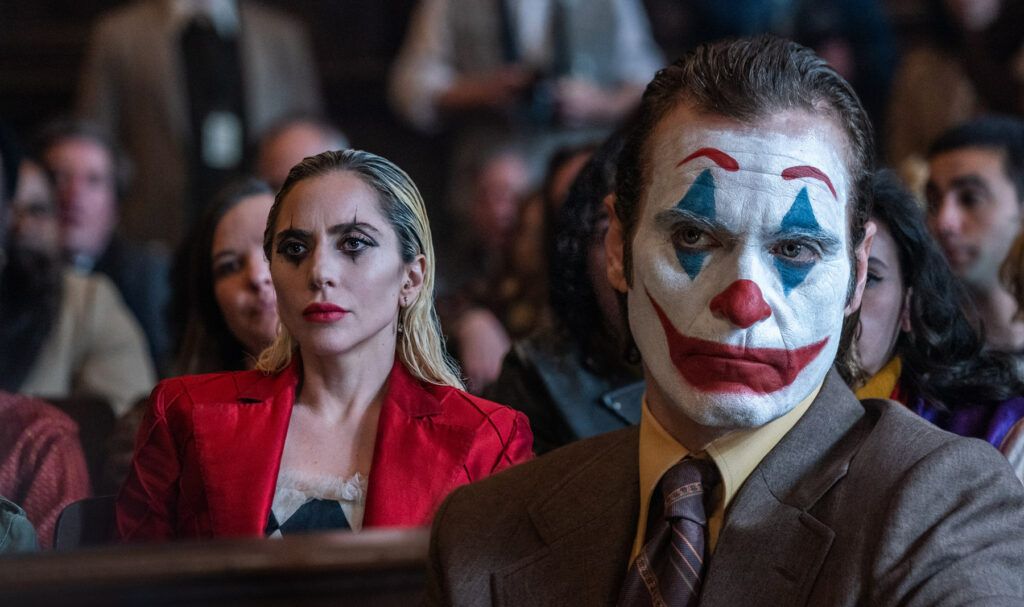
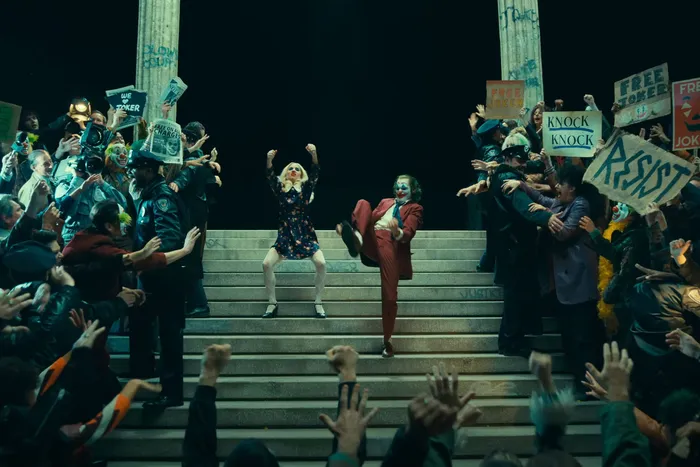
It’s no secret that you can never really believe this character and don’t know whether something is really happening or not, but in “Folie à deux” this element drifts into such absurdity, because it is precisely with regard to the ending that the entire rest of the movie stands or falls and the question arises as to whether what we have seen was even necessary if it has no validity anyway. And this also calls into question the value of a sequel, because “Folie à deux” offers no added value compared to the first one, but rather degrades it.
The universe of Arthur Fleck does not lend itself to the existence of a Harley Quinn and a passionate love story with many dream sequences in the style of musical greats such as Baz Luhrmann or Jacques Demy. The Joker is a character who inspires other adversaries in Gotham and would not be led by a fangirl like Lee. He acts out of self-interest, is one step ahead, but this Harley Quinn holds and pulls him back. Even though Lady Gaga fits the crazy role perfectly and has a match made in heaven with her singing voice and show business career, her character feels shallow (pun intended). Joaquin Phoenix, on the other hand, is the only real bright spot of the movie; he still plays this role just as well and shows that he is a true artist and always delivers a multi-layered performance.
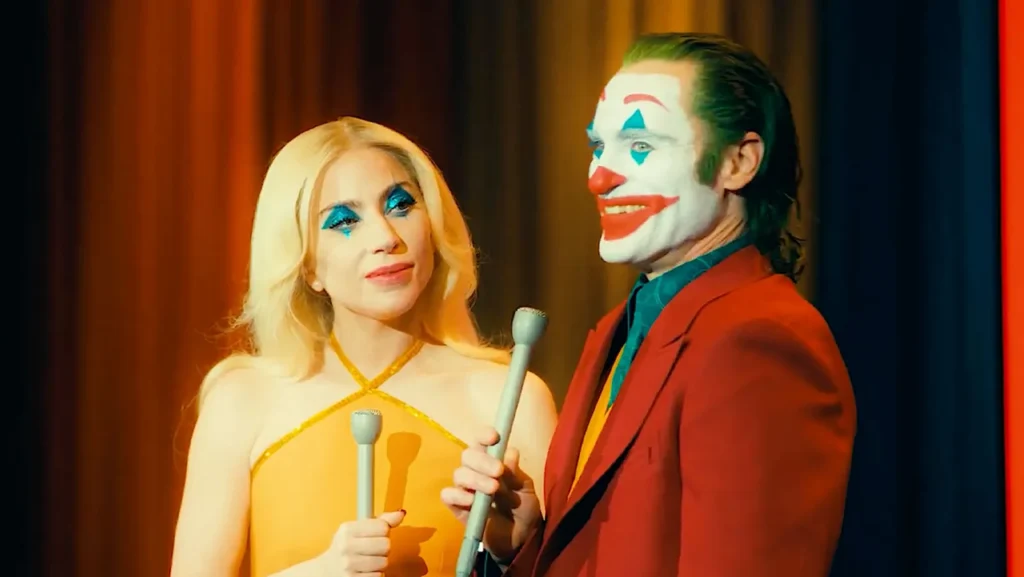
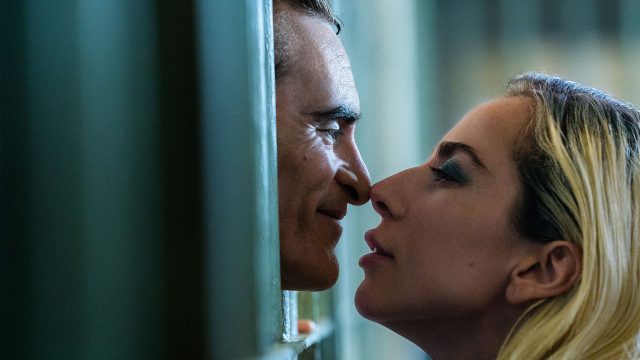
“Folie A Deux” unfortunately doesn’t contain the same grove as its predecessor, has major tonal and textural problems and rests on its success on every note. It’s almost as if Todd Philipps thought to himself: “Look how great this all worked last time! I’ll do exactly the same thing again, but with a worse script!”. And indeed, the movie repeats a lot of elements without adding anything new, relying on flashbacks in far too many places because it unfortunately has nothing better to say itself. However, the two-layered title should be emphasized positively, as should the look of the film – there are some ingenious set designs, as well as camera shots that almost make you forgive the nonsensical plot at some points. But after all, the running time is noticeable at all times and the 20 minutes longer than the first Joker are absolutely unjustified.
That’s why it’s ironic that Arthur’s famous words from the first part now have to be reversed: Because with the ending the movie comes to and how it deals with its character, life isn’t a comedy after all but actually a tragedy and it almost pulls the corners of your mouth down of its own accord. So maybe you shouldn’t tell every joke to the end, because that wasn’t entertainment.

